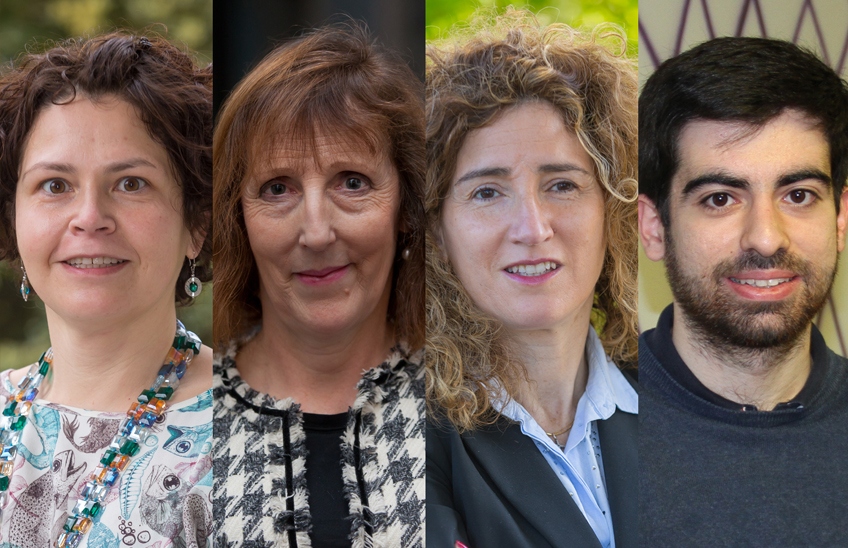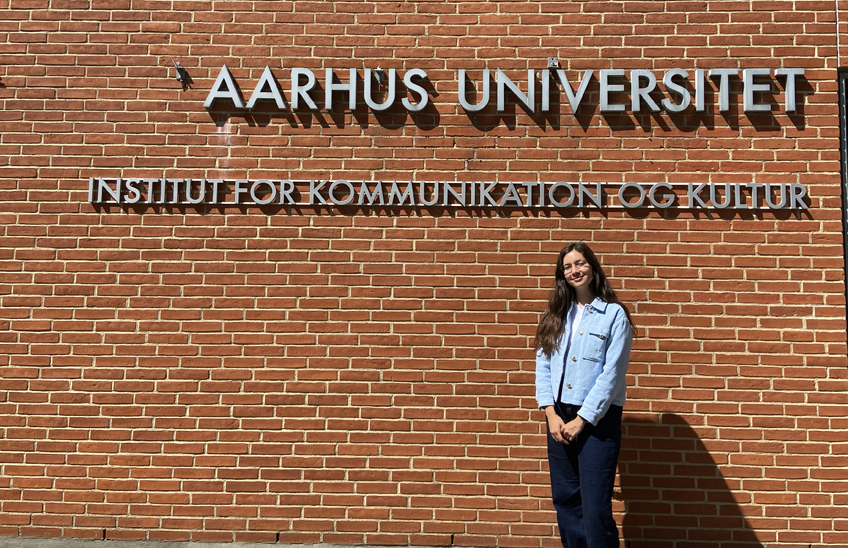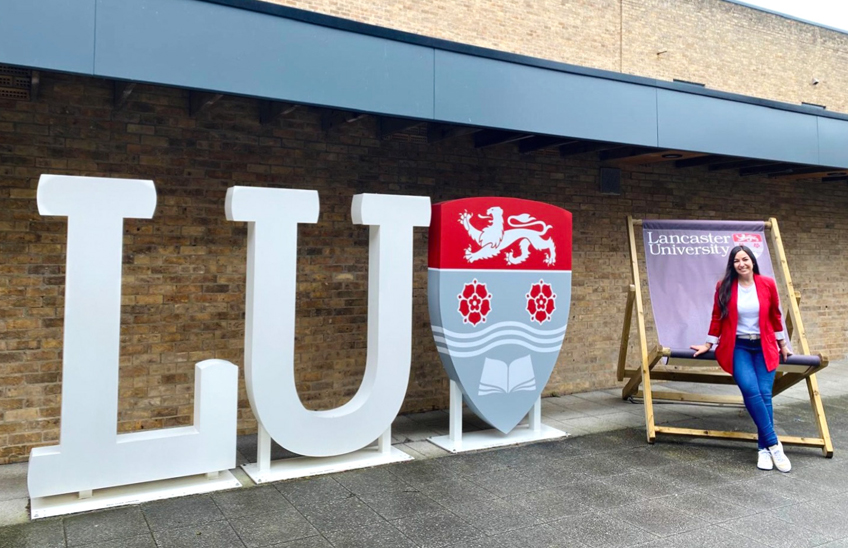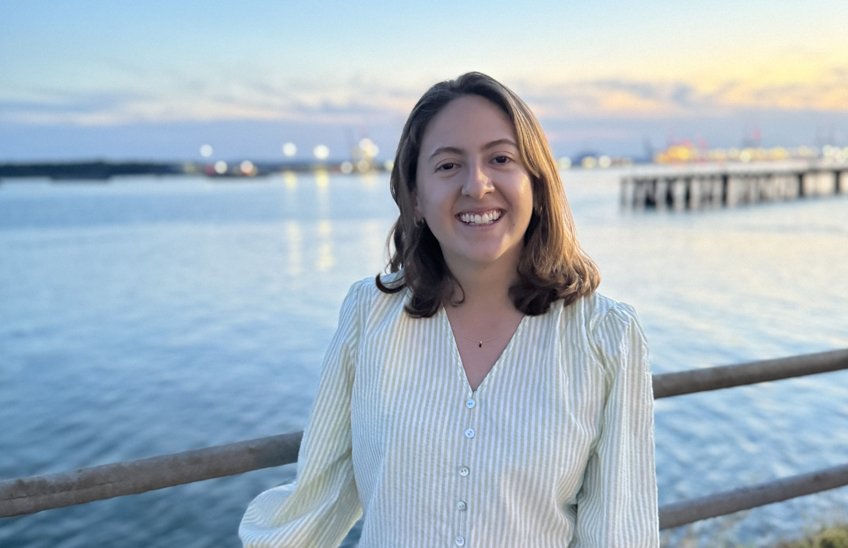The ICS participates in a European project to promote critical reading of online information on minorities and migrants.
Four researchers from 'Public discourse' are part of CoMMiTTEd, which plans to create a archive of fake news linking these groups to crisis situations and to propose didactic materials for promote an informed reading.

PhotoManuelCastells/From left to right, Sarali Gintsburg, Ruth Breeze, Ana María Fernández and Dámaso Izquierdo, researchers from the University of Navarra who are part of the new European project
06 | 08 | 2021
The Institute for Culture and Society (ICS) of the University of Navarra is part of a new research project that aims to promote critical thinking among school and high school faculty about Internet content on minorities and migrants, and to provide didactic materials to work on critical reading with adolescents. It is funded by the Erasmus + program of the European Union.
CoMMiTTEd is led by the University of Hamburg (Germany) and also includes experts from the universities of Aveiro (Portugal) and Tilburg (The Netherlands). The ICS team includes Sarali Gintsburg, Ruth Breeze, Ana María Fernández and Dámaso Izquierdo, researchers of the group '.Public discourse'.
From agreement with CoMMiTTEd officials, during many crisis situations such as the Covid-19 pandemic, the focus is put on minorities and migrants to explain social, educational, health and economic problems. This leads to the spread of extremist ideologies and the spread of fake news and hate speech that spread very quickly on the internet. "A high level of digital literacy is required to critically read and interpret these messages," says Sarali Gintsburg.
Encourage the skill of critical reading
Specifically, CoMMiTTEd aims to train future teachers by improving their skills in critical analysis of multimodal speech (text, image, sound...) and digital teaching skills. "We propose to introduce this critical cultural awareness into the training programs of primary and secondary school faculty , regardless of the subjects they may teach in the future," says Gintsburg.
"These skills are fundamental in the learning of teachers, but also of their students," he adds, especially considering that "more and more digital resources are being consumed at educational and for leisure."
The project includes the creation of a 'Pedagogical Fake News Observatory', a digital archive that will link migrants and minorities to crises such as the current one. Two online faculty training modules and a pedagogical guide for teachers and teacher trainers, which will offer theoretical and internship principles, will also be developed.



